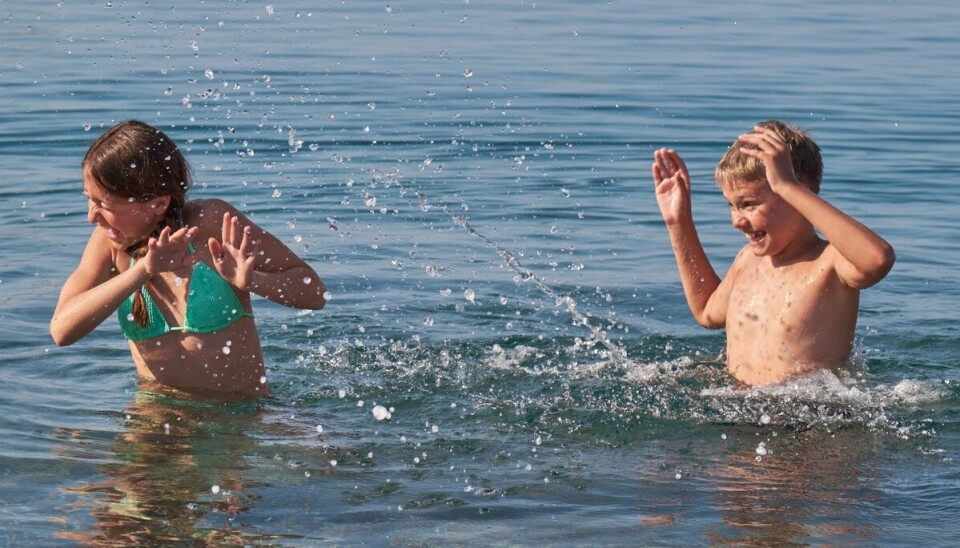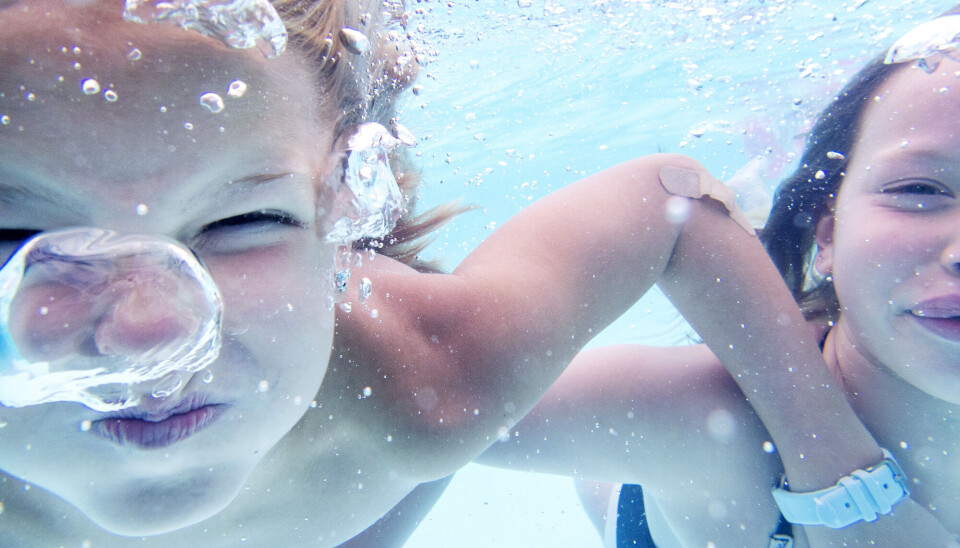Why do you get so hungry after swimming?
Water has very special properties. But that's just one of the explanations.

"Many people can relate to this," says researcher Øystein Wiggen.
He is an expert on how the body responds to cold water.
So why do we get so hungry after swimming?
There are several possible explanations, Wiggen tells Science Norway.
But here are three of the most important ones:
- We move around in the water and use energy.
- When we're done swimming, it's often a long time since we last ate.
- Water has very special properties.
Most viewed
A long time without food
The first two reasons are straightforward. When we use energy, we need to replenish it with more food.
And since many people are told not to swim right after eating, they often go without food for a long time.
But what's so special about water?
Volunteers are cooled down
At the research institution SINTEF in Central Norway, Øystein Wiggen tests equipment and clothing designed to help people survive in cold conditions.
Volunteers suit up in the test gear and are then told to jump into a cold pool.
"They could've been put in a cold storage room, but we usually choose water because it's much more effective," says Wiggen.
After just 30 minutes in 10°C water, the volunteers are usually noticeably chilled.
To reach the same drop in body temperature in a cold room would take hours, he explains.
Water pulls heat from the body
The reason lies in how water conducts heat.
Water conducts heat much better than air.

"If the water is below about 35°C, your body loses more heat than it generates," explains Wiggen.
In other words, water effectively steals heat from your body.
Muscles turn into heaters
That’s why being in 25°C water feels much colder than being in air at the same temperature.
When you start to feel cold, the body activates a defence mechanism.
"If we get cold in water, the muscles eventually begin to shiver," explains Wiggen.
Shivering causes muscles to contract quickly, acting like tiny space heaters.
But shivering burns energy.
And to restore that energy, you need to eat.
Hormones affect hunger
Feeling hungry isn’t just about needing more energy.
Hormones send signals to the brain that you're hungry.
Very intense exercise can suppress these hunger hormones, says Wiggen.
That’s why you might not feel like eating immediately after a tough workout.
But swimming is rarely that physically draining, he notes.

Many eat more when they're happy
Research into food and eating habits has uncovered even more.
Your surroundings and emotional state can also influence your appetite.
For example, food may taste better when you're out enjoying nature (link in Norwegian).
We also tend to eat more when we're happy.
Still, it’s not entirely clear which of these factors plays the biggest role when you get hungry after swimming.
To answer that, more research is probably needed, says Wiggen.
———
Translated by Alette Bjordal Gjellesvik
Read the Norwegian version of this article on ung.forskning.no
Related content:

Subscribe to our newsletter
The latest news from Science Norway, sent twice a week and completely free.


























































